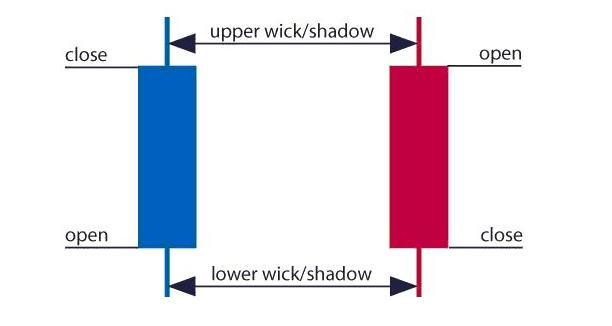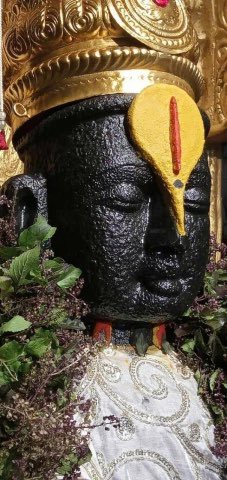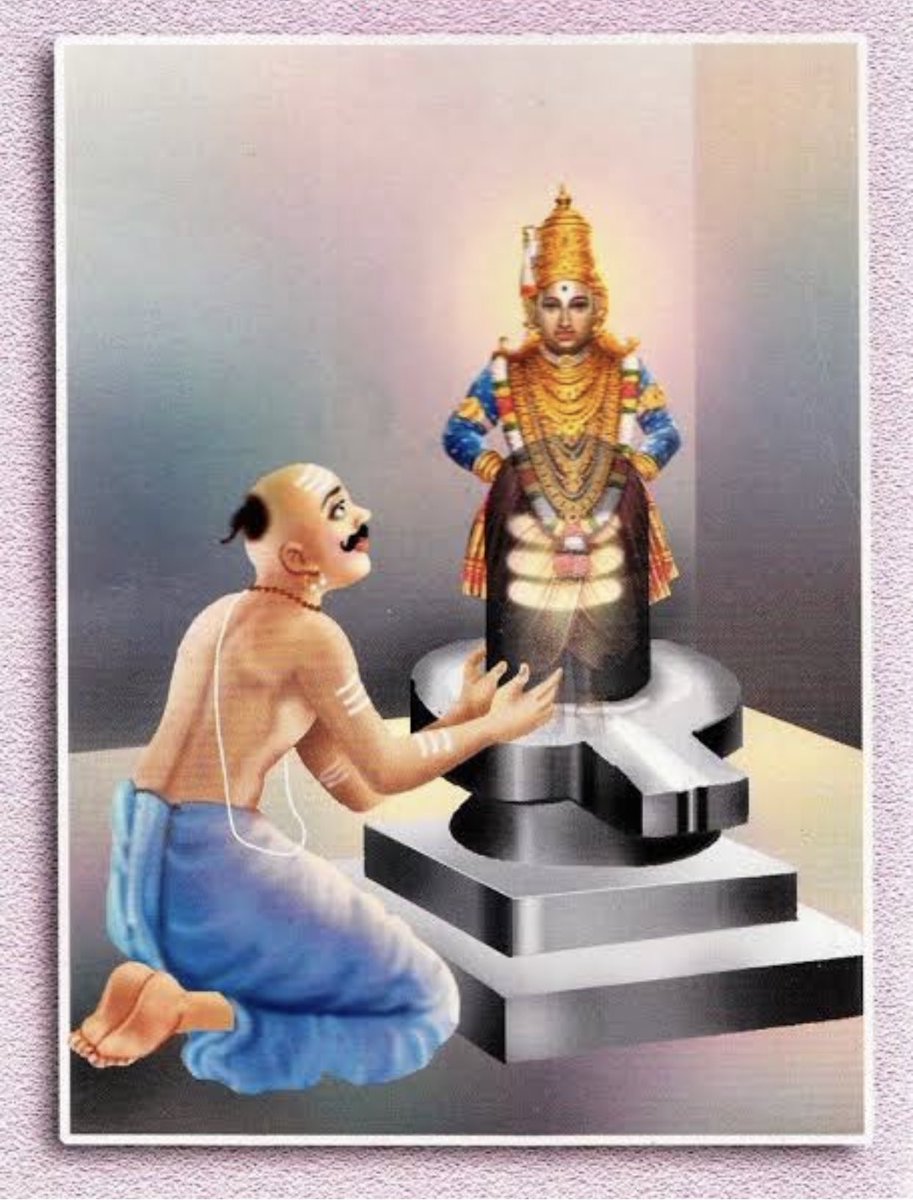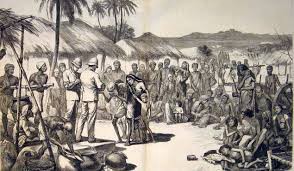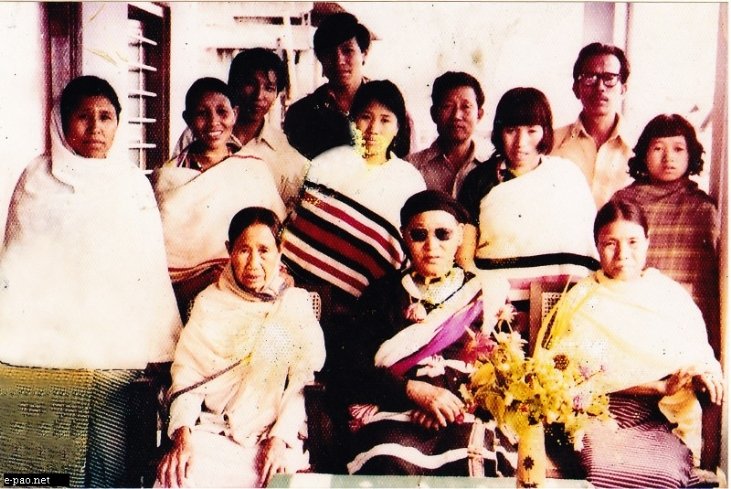Few terminologies you should know before you buy any share.
A Thread 🧵👇
For example, you may place an order to buy up to 100 shares of Company A, at a maximum price of ₹80 per share.
If it takes the share to hit ₹50 price point a week later, the order will be executed then. If it were a day order, it would have been cancelled.
YouTube : https://t.co/nHwki3Gpmf
WhatsApp : https://t.co/tMR5oBAjsX
BY : @ShubhamAggarwl
More from Trading
Short straddle is non-directional strategy
Selling same strike price CALL/PUT option same underlying with same expiry.
Nifty Spot at 14353, So you can sell 14350 CE as well 14350 PE of 14 Jan. Expiry.
(1/n)
*RETWEET for max response
Bullish short straddle: Selling 14400 CE and 14400 PE of same expiry.
Bearish short straddle: Selling 14250 CE and 14250 PE of same expiry.
You can sell straddle as per your market view.
If you are natural view sell CE and PE at ATM strike.
(2/n)
Short straddle has limited profit potential (only premium) and unlimited risk without adjustment.
In Example, Short straddle of 14350, Breakeven is (14131.0-14569.0), need 1.7Lac Margin to sell straddle.
Maximum profit: 16k and Loss: Unlimited, Winning probability: 50%
(3/n)

If market staying near at 14350 then win. Probability increase slowly. Rewards also increase slowly.
Volatility(IV) is also play important role in selling straddle, Like If IV increase so straddle premium increase and IV cool off so premium casually comes down.
(4/n)
Short straddle adjustment:
https://t.co/59Lr64kEtK way to limit the overnight risk.
Convert short straddle in Ironfly, its nothing we have to add long strangle in short straddle it become Ironfly. It gives the good Risk Rewards.
(5/n)

If you wish to learn abt trading,psychology,options,business etc
You can go through this thread.
Other than this I do post videos on my YT channel : -Abhishek Kar & Tradiostation
-Intraday views on FREE telegram : Abhishek Kar Official
RT will be appreciated
1. Threads to learn Options
https://t.co/wabkek43I8
2. https://t.co/OIDenHKdWN
3. Some core rules to investing
https://t.co/37d1pygp7P
4.Summing up 2020 Trading lessons
https://t.co/jSUb1lSGbQ
5.Effects of margin change on
\U0001d413\U0001d421\U0001d42b\U0001d41e\U0001d41a\U0001d41d \U0001d41f\U0001d428\U0001d42b \U0001d40e\U0001d429\U0001d42d\U0001d422\U0001d428\U0001d427\U0001d42c
— Abhishek Kar (@Abhishekkar_) December 29, 2020
The entire thread will have some quick pointers on options trading. These bullet points are based on experience and learning and even if you are completely new,will help you to build some perspective. So,lets go :
6. Exciting story about a trader who destroyed a Bank
https://t.co/CsEEhIsD3q
7. Some Thought Provoking facts about stock markets
https://t.co/IjxpX5Wx24
8. A dose on Trading and investing
\U0001d413\U0001d42b\U0001d41a\U0001d41d\U0001d41e\U0001d42b \U0001d430\U0001d421\U0001d428 \U0001d41d\U0001d41e\U0001d42c\U0001d42d\U0001d42b\U0001d428\U0001d432\U0001d41e\U0001d41d \U0001d401\U0001d41a\U0001d42b\U0001d422\U0001d427\U0001d420\U0001d42c \U0001d401\U0001d41a\U0001d427\U0001d424
— Abhishek Kar (@Abhishekkar_) October 11, 2020
This thread is about the trader who with his reckless trading destroyed the entire Barings bank. In case you would like to read more such informative threads,do not forget to retweet and share as acts as encouragement
9. Top 5 resources to learn everything about stocks
https://t.co/6KnIySBGIG
10. Some Pro Tips on Trading
https://t.co/EiSGikt7jv
11. Wisdom on stuffs you should not do
https://t.co/bI2dH0XTSS
12. Reasons why you are losing the
\U0001d5e7\U0001d5db\U0001d5d8 \U0001d5e7\U0001d5e2\U0001d5e3 \U0001d7f1 \U0001d5e7\U0001d5db\U0001d5e5\U0001d5d8\U0001d5d4\U0001d5d7
— Abhishek Kar (@Abhishekkar_) July 21, 2020
The following thread will have top 5 for everything you need in the world of stock market and as learner who wants to REALLY grow. Make sure you #retweet the thread and let it reach the maximum number of people as sharing is caring.
13. The DARK side of stock market
https://t.co/qsteGcbquI
14. Stocks where you should NOT invest
https://t.co/2tD5q0K3UQ
15. Lessons from MILLIONAIRE trader
https://t.co/Pec6LmUtGa
16. Lessons from my
\U0001d5e7\U0001d5db\U0001d5d8 \U0001d5d7\U0001d5d4\U0001d5e5\U0001d5de \U0001d5e6\U0001d5dc\U0001d5d7\U0001d5d8 \U0001d5e2\U0001d5d9 \U0001d5e6\U0001d5e7\U0001d5e2\U0001d5d6\U0001d5de \U0001d5e7\U0001d5e5\U0001d5d4\U0001d5d7\U0001d5dc\U0001d5e1\U0001d5da
— Abhishek Kar (@Abhishekkar_) July 6, 2020
In the following thread you will understand a few dark truths about stock trading as a profession.
Sadly everyone touches the only green side but there has to be a balance. Don't forget to #retweet for wider reach.







